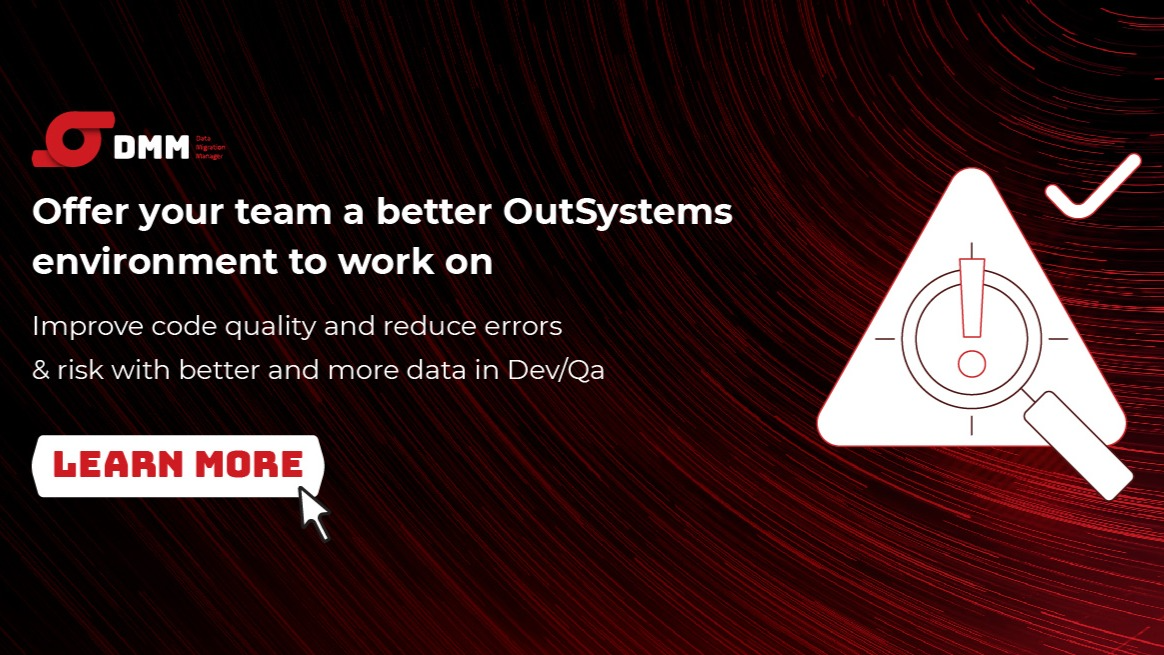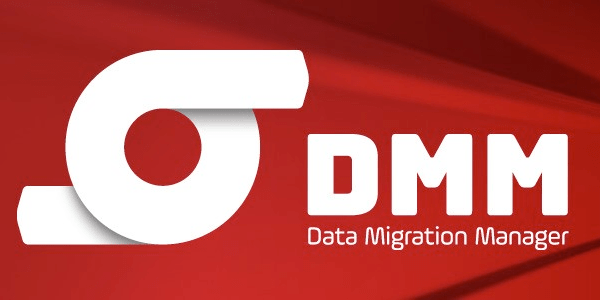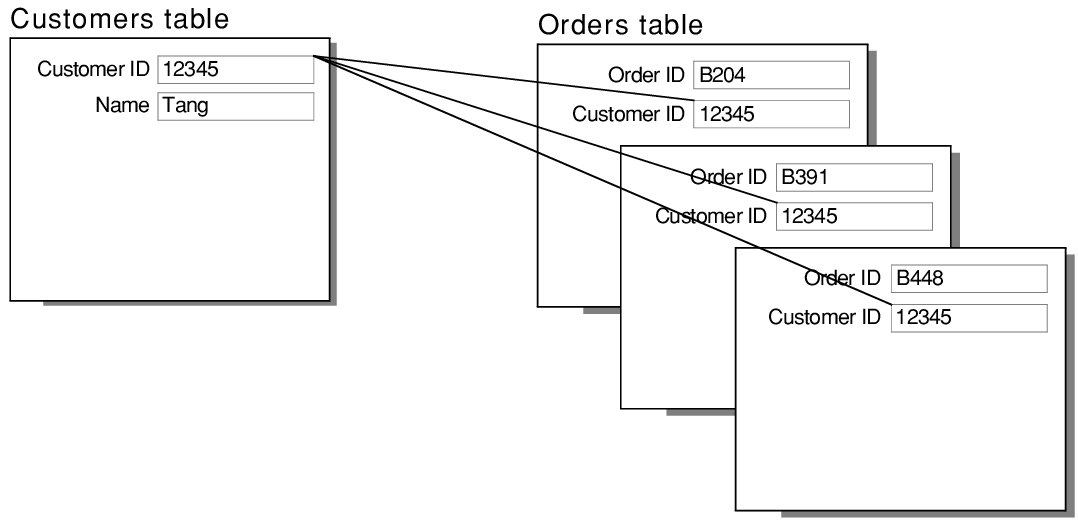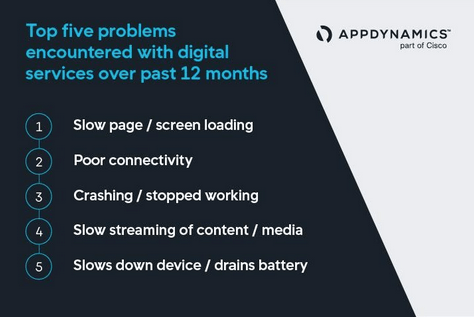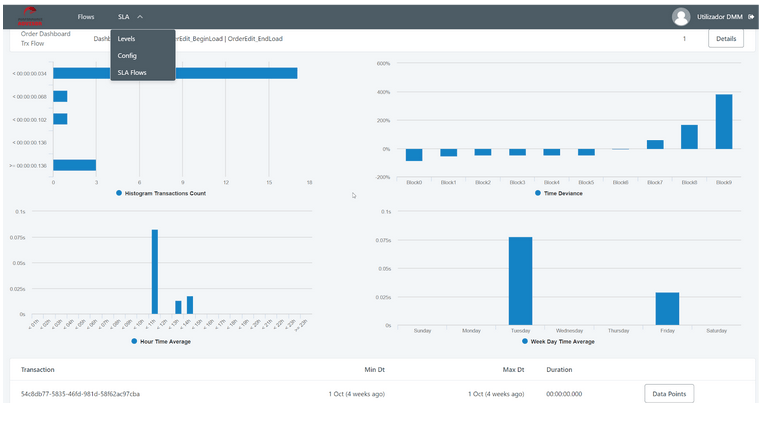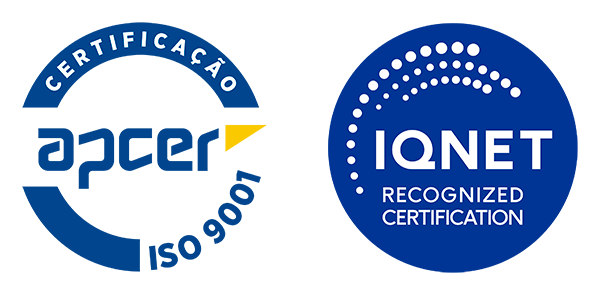5 Tips for Your Résumé That Will Land You the Job

(4-minute reading)
Build a Résumé That Will Get You the Job!
Try searching for “résumé tips” (or “cv tips”) in Google and you will get endless results, a lot of them with very useful tips and advice on building a compelling résumé that, hopefully, will give the job candidate the opportunity to get an interview. Yet, candidates keep making the same mistakes repeatedly, leading to huge amounts of wasted time within the recruitment process. Having reviewed thousands of résumés, interviewed, and recruited hundreds of candidates in the last 15 years in the IT industry, I feel obliged to share my top 5 tips on building a résumé that will help you get the job (or at least an interview).
Tip 1. One Résumé for One Job
This one may be the most important and most recommended tip and, surprisingly, the most neglected one. Either due to laziness or despair (both hardly justifiable, especially in the IT arena), candidates follow the quickest path to glory by submitting their unique, standardized version of their résumés every time there’s a match with a job posting, no matter how strong that match is and without taking the time to carefully read the job description. What you should do instead is what I call a Master Résumé, where, independent of the format (I suggest a spreadsheet), you have all the details regarding your skills, achievements, education, experience and hobbies. When you find an interesting job posting or a company you would like to work in, you build a version of your résumé based on the master record that is tailored in structure and content to the opportunity at hand. Always try to use keywords from the job description or from the company’s website in the target-focused résumé.
Tip 2. Your résumé is a show window, not the store
Another behavior I see again and again is candidates submitting 3+ page résumés, especially for those with some years of professional experience. Remember that the ultimate goal of submitting your résumé is to get the attention of the recruiter (or the machine – see next tip) and hopefully convince her that it is worth calling you for an interview. Following the previous tip, (the tailored version of) your résumé should be clear, concise, and highlight the most relevant skills, education, and experience that relate to the job position. Your résumé should act as a teaser, making the recruiter want to learn more about you.
Tip 3. Build a résumé that is both human and machine readable
If a company receives a couple of applications daily, it’s reasonable for a (human) recruiter to analyze every résumé, but if we are dealing with a company that receives dozens or hundreds of résumés on a daily basis, it’s not possible to have one or more recruiters manually analyzing all incoming résumés without hindering overall productivity and performance. Currently, ATS (applicant tracking systems) are already able to analyze résumés, extracting the most relevant information (ex: years of experience, background education), and matching it to the job posting, issuing a compatibility score and allowing the definition of a threshold, below which the candidate application will be automatically discarded. That’s why you must build your résumé with structure and content that can be both easily interpreted by a human and by a machine. The use of keywords from the job description embedded in your résumé will maximize the probability of a higher matching score and hence the probability of you getting an interview.

Tip 4. Achievements before duties and activities
Résumés that are too long have two major similarities: they include irrelevant experience or education, and they list detailed description of duties and activities. Tip 2 already suggests building a concise, target-focused résumé. When it comes to highlighting your experience or education, I always recommend including, whenever possible, achievements instead or above duties and activities. Why? Companies in general and recruiters in particular want to know how you have helped other companies achieve their goals so that they can create an image/expectation regarding the value you can bring to them. The same applies to education, where a certification or award is more important than the number of classes or learning hours you had in a particular field of study. Listing activities, projects, or academic classes only shows what you have done, not what you have accomplished. Highlight important achievements, both in education and professional experiences, including quantifiable metrics to support them when possible.
Tip 5. Your hobbies and side projects show your personality
I often receive résumés where the smallest section (if included at all) lists candidate hobbies and side-projects. Usually hobbies are vague, like reading, travelling, sports, and hanging out with friends, which suggests that candidates consider that this kind of information may not be that important to recruiters. For me (and for most recruiters I talk to), it’s an incorrect assumption. Your hobbies and side projects show traces of your personality, like resilience, team spirit, curiosity, leadership, and ambition. If you include achievements, even better!
One last remark that I consider not to be a tip but a commandment: Before you send your résumé, (please) proofread it several times to ensure that there are no spelling or grammar errors. A résumé with spelling or grammar errors shows that you didn’t take the necessary time and effort, which might raise doubts of whether the recruiter should invest her time in calling you for an interview.
Follow the 5 tips above and you will surely build a résumé that will help you get the job you seek (or at least an interview)
Alexandre do Monte Lee @ July 26th 2019
Thirsthy for Knowledge? Subscribe to our Newsletter and Never Miss Another Byte!
Related Content: 5 Tips to Enter and Succeed in the Information Technology Playground

